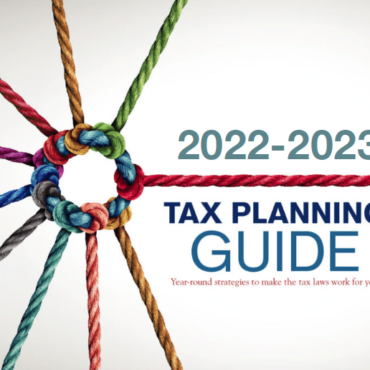Unmarried Couples to Receive Higher Mortgage Interest Deduction
In the midst of wedding season this year, the IRS increased the “marriage penalty,” or the tax hits that come after couples say “I do.” The IRS is now offering double the mortgage interest deduction to unmarried co-homeowners, compared to the interest deduction available to married homeowners. Ultimately, the mortgage interest limitations will apply per individual instead of per residence. The decision on this ruling allows each taxpayer who co-owns a house to claim an interest deduction on the full $1,100,000 of debt – given that they are not a married couple who are filing their taxes separately.
The Ninth Circuit reversed the Tax Court’s decision, which issued that the $1,100,000 limitation on qualified debt is determined on a per-taxpayer, rather than a per-residence basis. This ruling allows same-sex unmarried or co-habituating couples to each deduct the mortgage interest on $1.1 million of acquisition and home equity debt. Section 163(h)(3) of the tax ruling allows a deduction for qualified residence interest on up to $1,000,000 of acquisition indebtedness and $100,000 of home equity indebtedness. In the case of mortgage balances exceeding the limitations, the mortgage interest deduction is limited to the amount applicable to only $1,100,000 worth of debt, which now applies to a per tax-payer basis instead of a singular household.
Take Henry and Ella for example, an unmarried couple co-owning a $4.5 million dollar home, have a $3.2 million mortgage. Based on the previous ruling, they could only deduct interest on a maximum debt of $550,000 each, which is half of the $1.1 deduction cap. Under the new ruling, both can now deduct mortgage interest on the maximum $1.1 amount of debt.
For more information regarding this topic, please contact one of our tax professionals.



